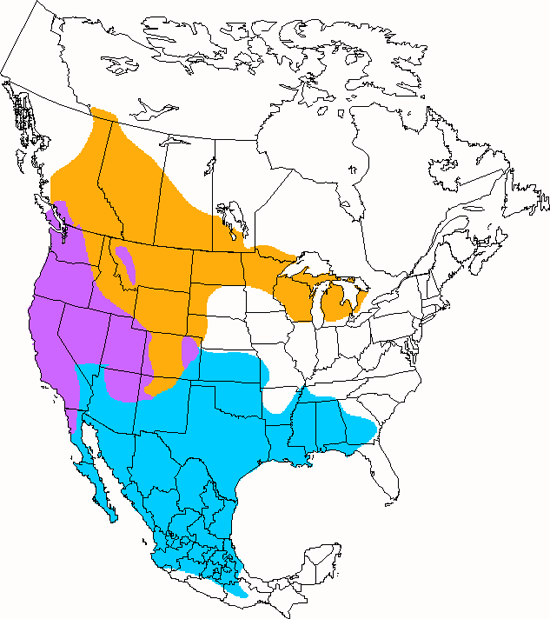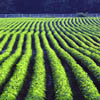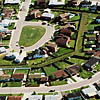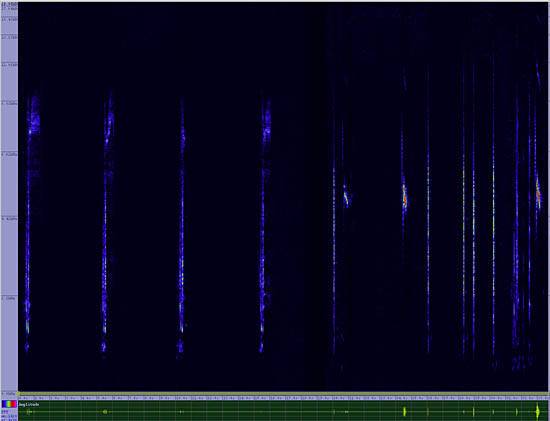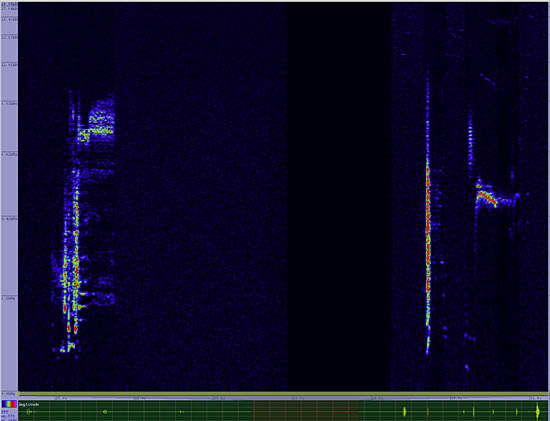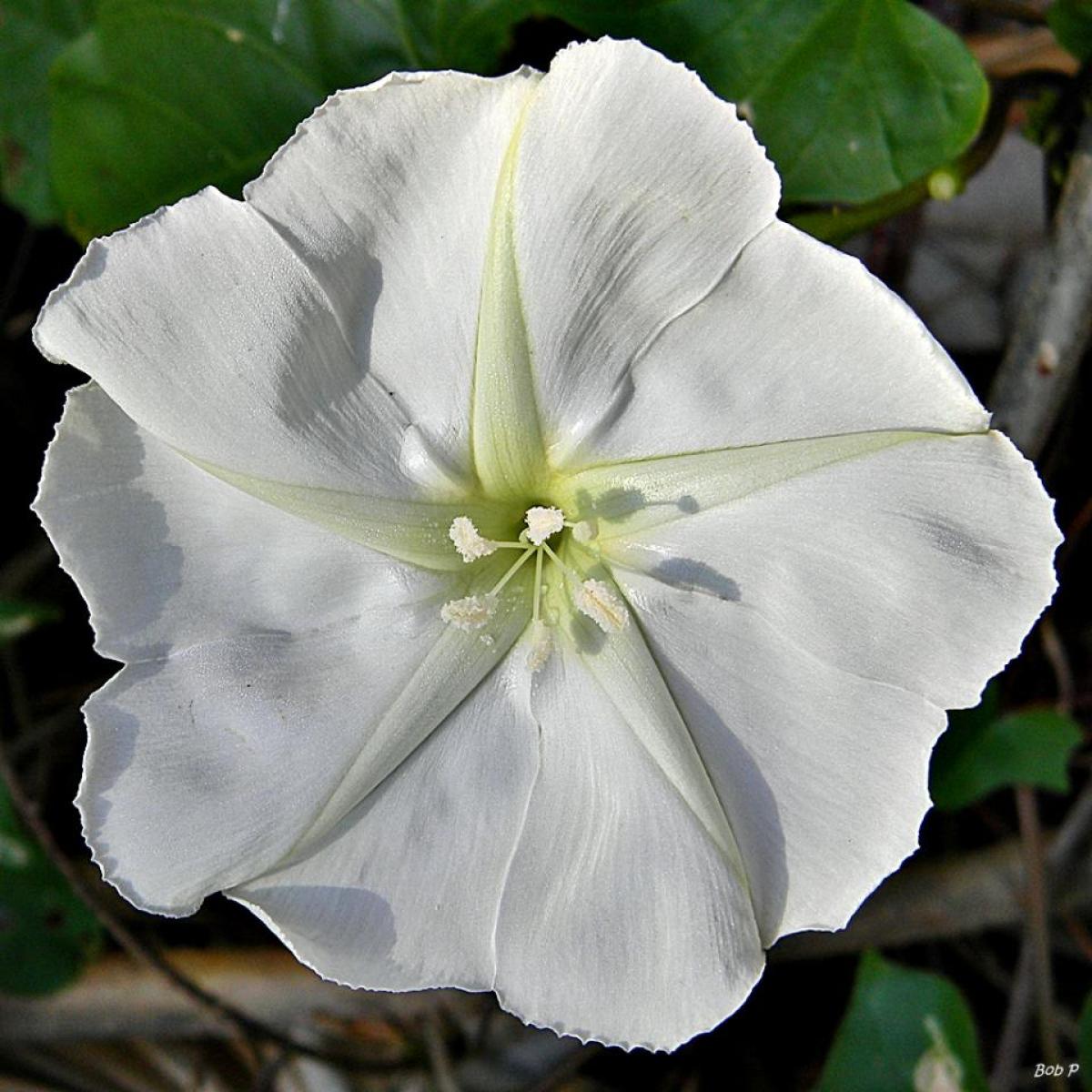Brewer's Blackbird
Euphagus cyanocephalus

Perching
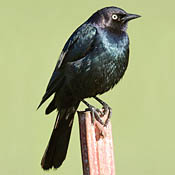
Length: 9 in. (23 cm )
Usually seen walking around on the ground in grassy areas, this blackbird is common in city parks, agricultural fields, marshes and riparian areas. It breeds in small colonies, and the nest of each pair is made of grass and mud and placed in various places from the ground to branches of high trees. It is commonly parasitized by cowbirds. During the winter it usually associates with huge flocks of Red-winged Blackbirds. Insects and other arthropods make up much of the diet in the summer, but seeds are the main food in the winter.
The four-digit banding code is BRBL.
Bibliographic details:
- Article: Brewer's Blackbird
- Author(s): Dr. Biology
- Publisher: Arizona State University School of Life Sciences Ask A Biologist
- Site name: ASU - Ask A Biologist
- Date published: 13 Jul, 2017
- Date accessed: 28 July, 2025
- Link: https://askabiologist.asu.edu/activities/bird/brewers-blackbird
APA Style
Dr. Biology. (Thu, 07/13/2017 - 15:36). Brewer's Blackbird. ASU - Ask A Biologist. Retrieved from https://askabiologist.asu.edu/activities/bird/brewers-blackbird
Chicago Manual of Style
Dr. Biology. "Brewer's Blackbird". ASU - Ask A Biologist. 13 Jul 2017. https://askabiologist.asu.edu/activities/bird/brewers-blackbird
MLA 2017 Style
Dr. Biology. "Brewer's Blackbird". ASU - Ask A Biologist. 13 Jul 2017. ASU - Ask A Biologist, Web. https://askabiologist.asu.edu/activities/bird/brewers-blackbird
Be Part of
Ask A Biologist
By volunteering, or simply sending us feedback on the site. Scientists, teachers, writers, illustrators, and translators are all important to the program. If you are interested in helping with the website we have a Volunteers page to get the process started.



